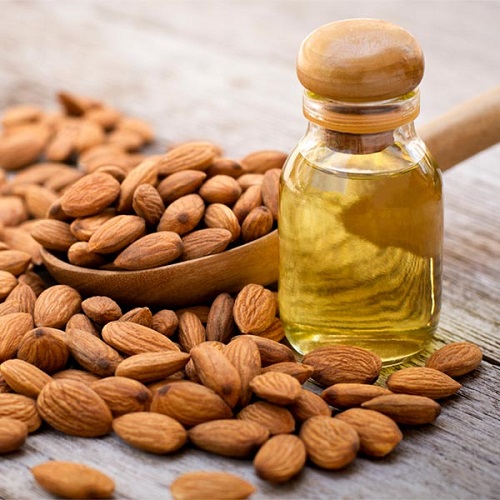Is Castor Oil a Carrier Oil or an Essential Oil? Let’s unfold this mystery and learn about its effectiveness!
Castor oil has long been celebrated for its myriad benefits and counts its place in our personal care regime. However, you may wonder—Is Castor Oil a Carrier Oil or an Essential Oil? To put a pause to your confusion, here we will explore what carrier oils are, the properties of castor oil, and whether it can be used as a carrier oil.
Carrier Oil vs. Essential Oil

Carrier oils and essential oils are two distinct types of oils derived from plants, each with unique properties and applications. Carrier oils, also known as base oils or vegetable oils, are derived from the fatty portions of plant seeds, nuts, or kernels and are typically used to dilute and carry essential oils. These oils are known for their moisturizing and nourishing properties, which make them ideal for use in skincare and massage.
On the other hand, essential oils are volatile, aromatic compounds extracted from various parts of plants, such as leaves, flowers, and bark, through methods like steam distillation or cold pressing. Essential oils are highly concentrated and possess potent therapeutic properties, often used in aromatherapy and alternative medicine.
Unlike carrier oils, essential oils evaporate quickly and have a strong aroma. It is crucial to dilute essential oils with carrier oils before applying them to the skin, as their potency can cause irritation or adverse reactions if used undiluted.
Find the Best Essential Oils for Blisters here
Is Castor Oil a Carrier Oil or an Essential Oil?

So, Is Castor a Carrier Oil or an Essential oil? Let’s learn about the properties of Castor oil before determining this answer. Castor oil, derived from the seeds of the Ricinus communis plant, is a versatile and widely-used natural oil with a diverse range of applications. Contrary to common belief, castor oil is technically neither an essential oil nor a carrier oil.
Essential oils are highly concentrated, volatile aromatic compounds; on the other hand, carrier oils are typically cold-pressed from the fatty portions of plants, providing a base for diluting essential oils before topical application. Castor oil, being a vegetable oil, does not possess any of the properties that specifically cater to these branches of oil.
Can Castor Oil be Used as a Carrier Oil?
Castor oil’s thick, viscous texture does not easily absorb into the skin. As a result, it may not be an effective carrier oil for essential oils, as it may not help the essential oils penetrate the skin.
Additionally, castor oil has a distinct scent that may not be ideal for use as a carrier oil. Carrier oils are typically mild and have little to no scent, which allows the scent of the essential oils to shine through.
However, due to its high viscosity and moisturizing properties, it is often used as a carrier oil. But it is recommended to look for alternatives for application on the face and hair, especially if you have oily skin or scalp.
Alternatives to Castor Oil as Carrier Oil
If you are looking for a carrier oil to use with your essential oils, there are many alternatives to castor oil. Here are some popular carrier oils that you may want to consider:
1. Jojoba Oil

As a carrier oil, jojoba oil closely resembles human sebum, making it easily absorbed and ideal for nourishing and hydrating the skin. It mixes well with essential oils, effectively diluting them for topical use.
2. Sweet Almond Oil
Sweet almond oil is an excellent carrier oil due to its lightweight texture and rapid absorption, enabling essential oils to penetrate the skin effectively. Its high fatty acid content aids in moisturizing and promoting skin health.
3. Coconut Oil

Coconut oil’s compatibility with various skin types and its ability to lock in moisture make it a popular carrier oil choice. Its natural antimicrobial properties further enhance the benefits of essential oils when used for topical applications.
4. Grapeseed Oil

Grapeseed oil’s thin consistency and non-comedogenic nature make it an ideal carrier oil for essential oils, allowing them to spread evenly on the skin without clogging pores. It is also rich in antioxidants, which enhance skin protection.
5. Rosehip Oil
As a carrier oil, rosehip oil boasts a high concentration of essential fatty acids and antioxidants, which help improve skin health when combined with essential oils. Its lightweight texture ensures effective absorption and distribution of essential oil benefits.
6. Argan Oil

Argan oil is a nutrient-rich carrier oil that is high in essential fatty acids and vitamin E. It is known for its moisturizing and regenerating properties, making it a popular choice for haircare and anti-aging skincare products.


